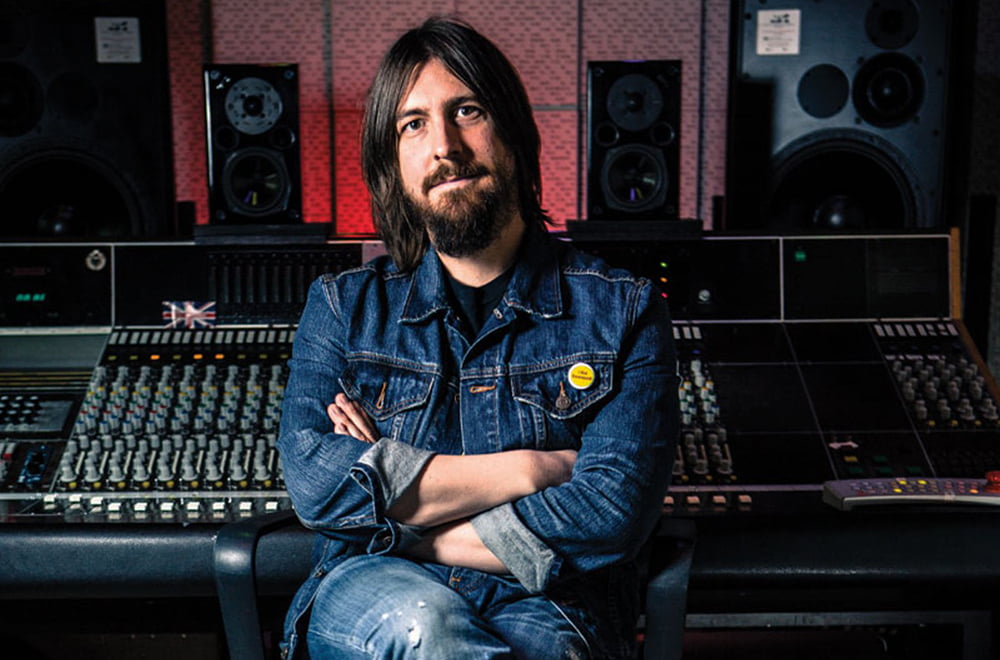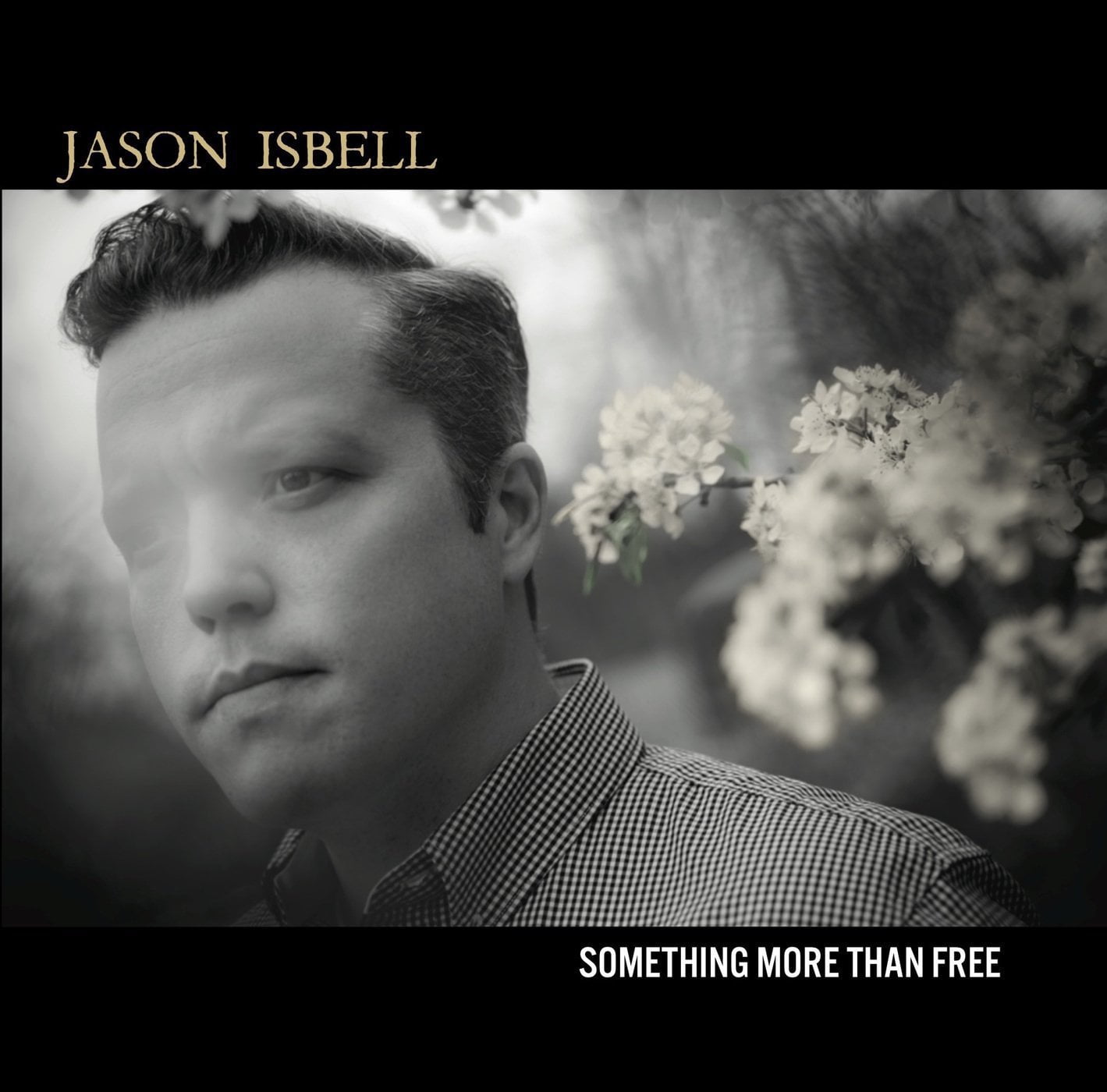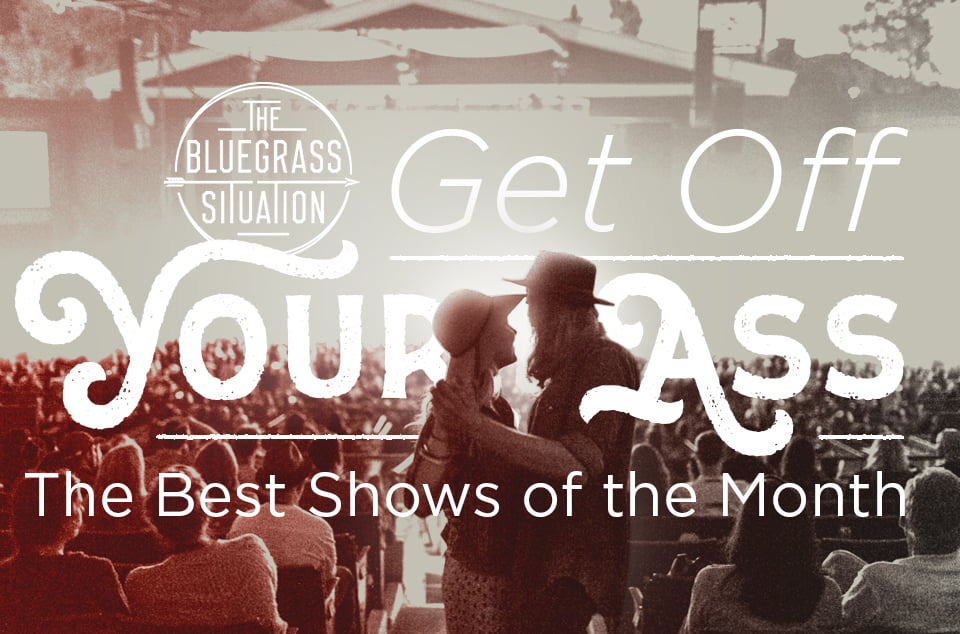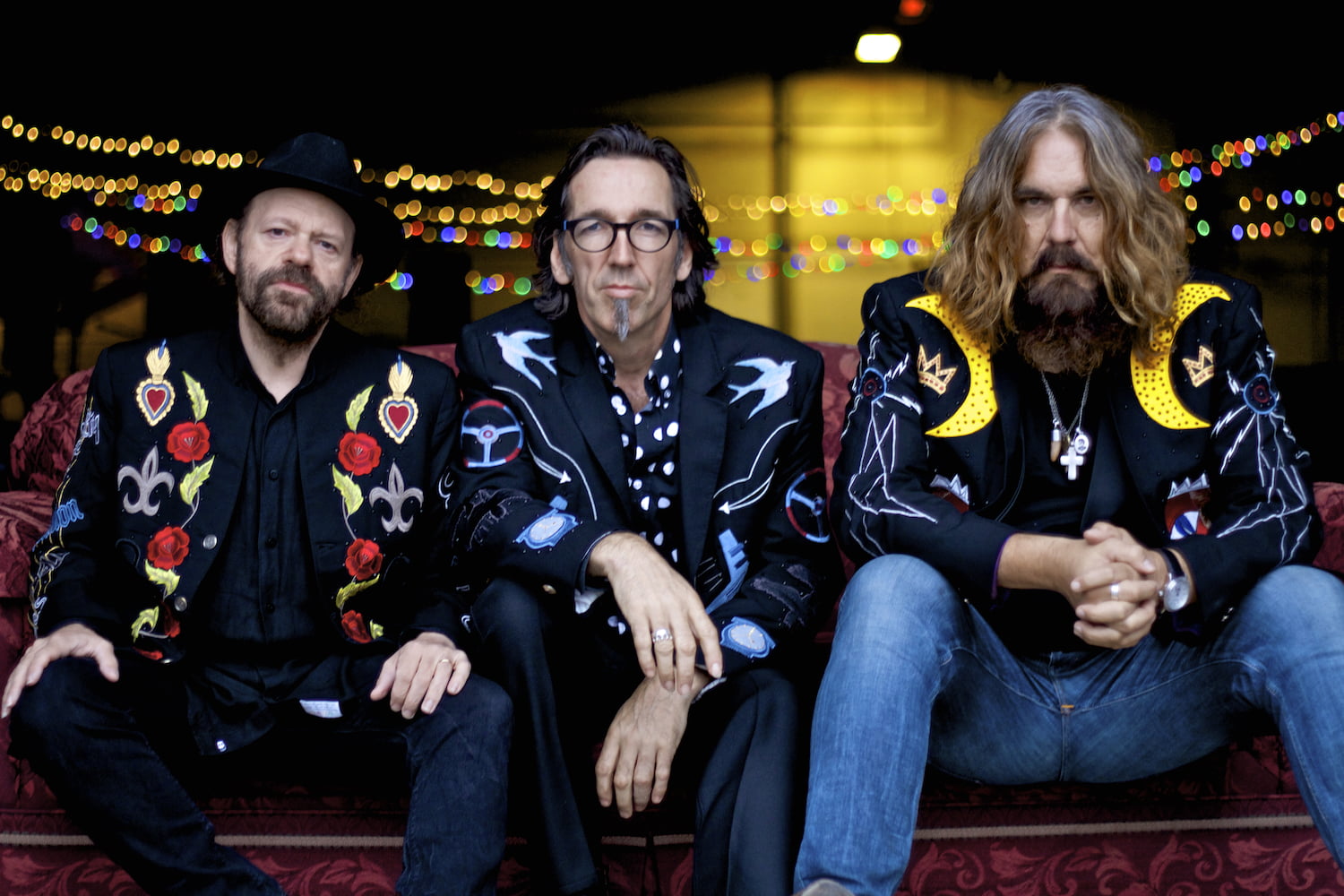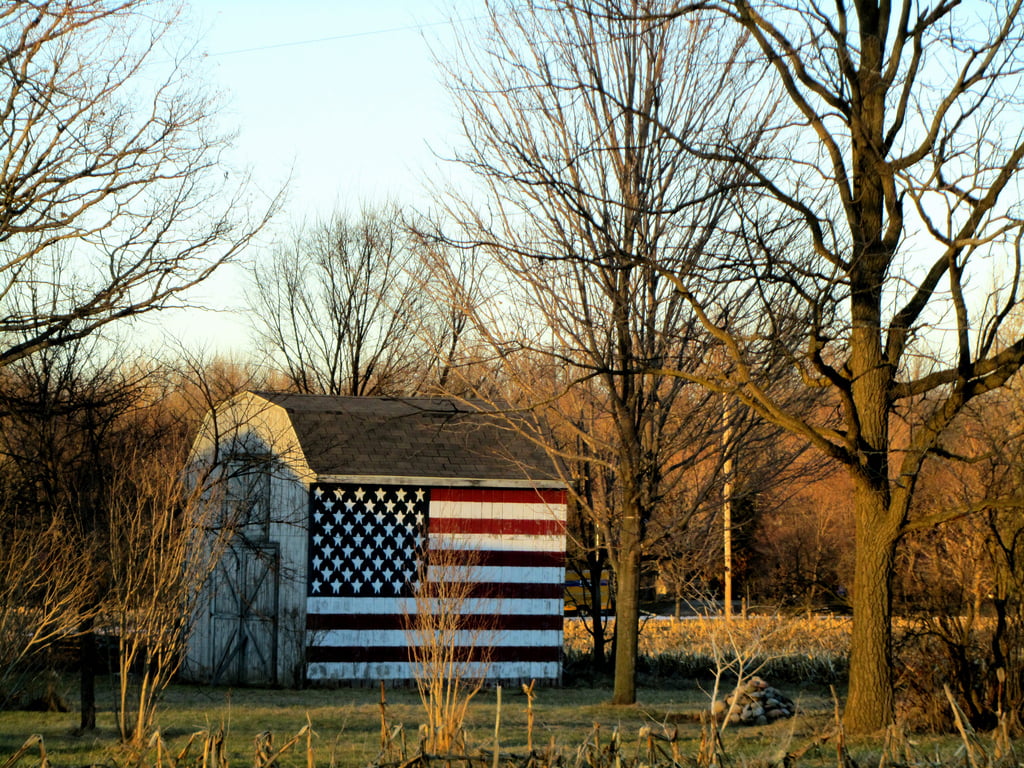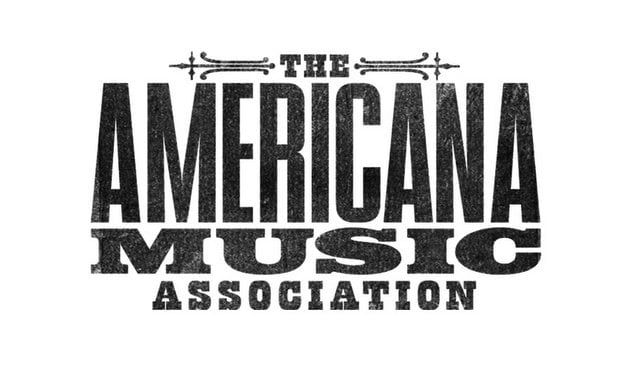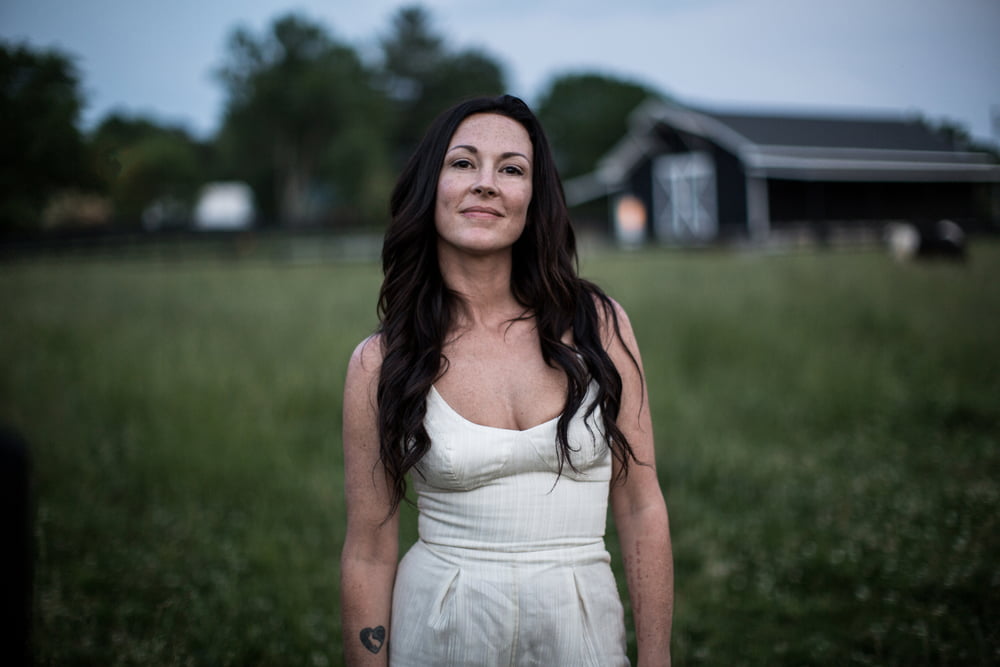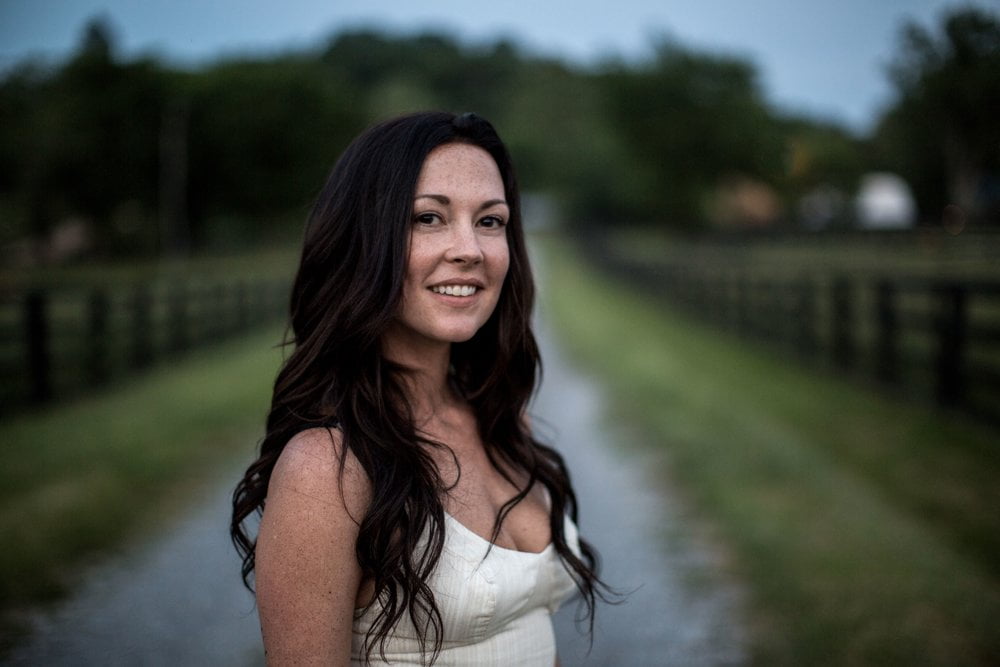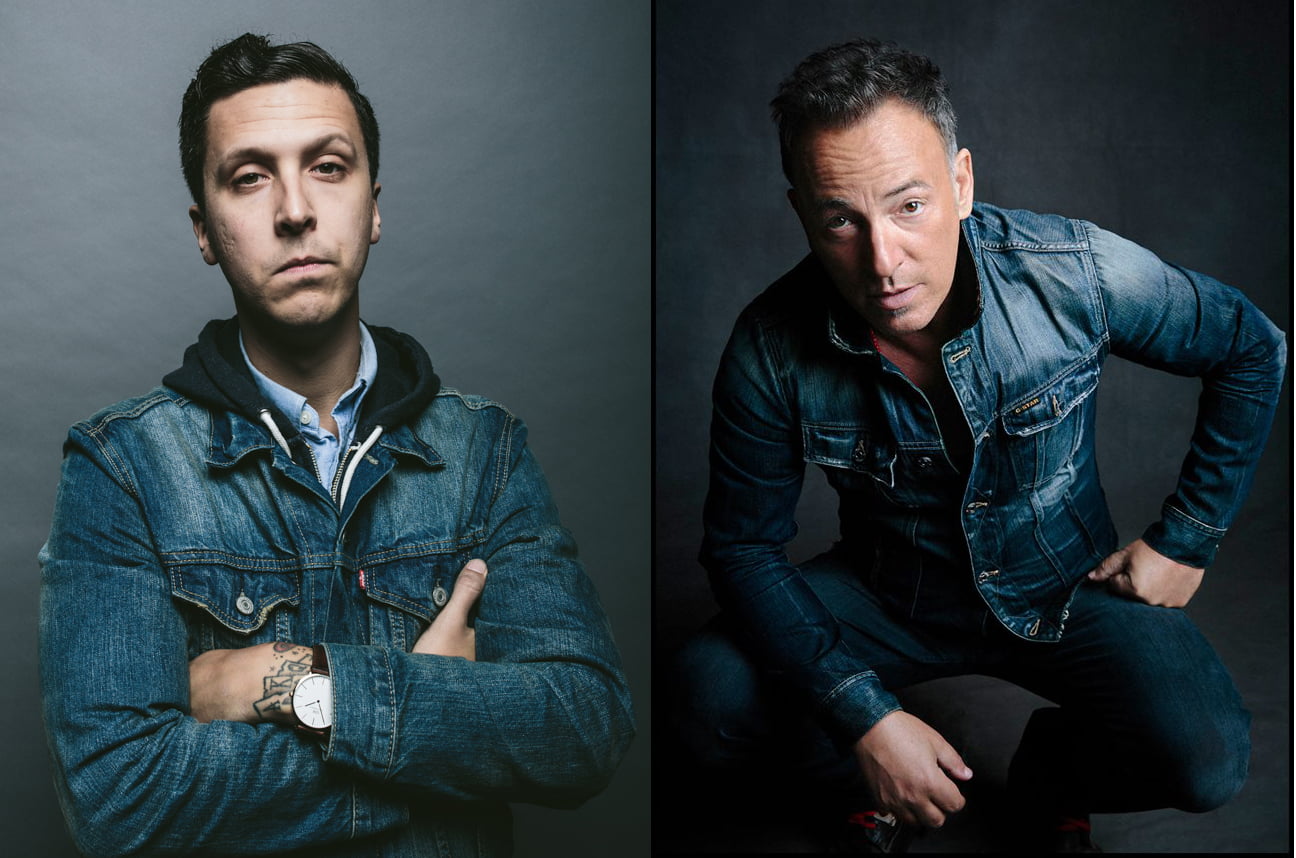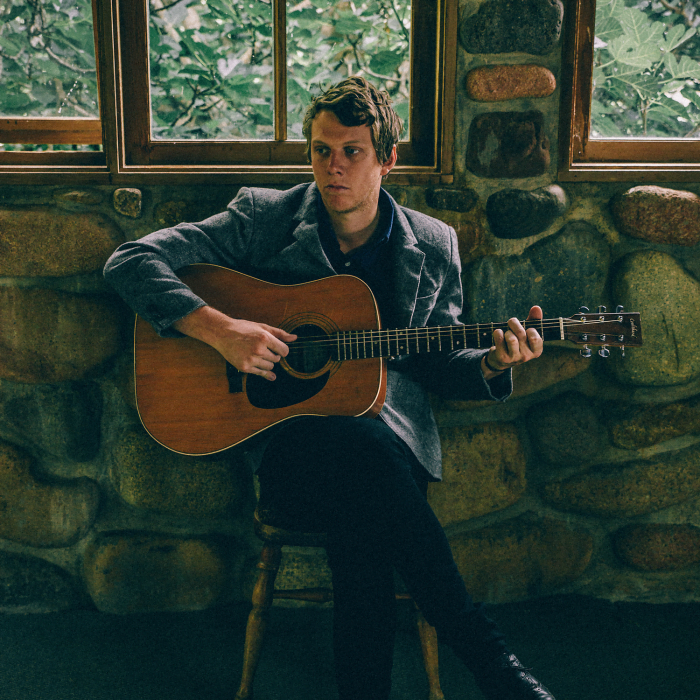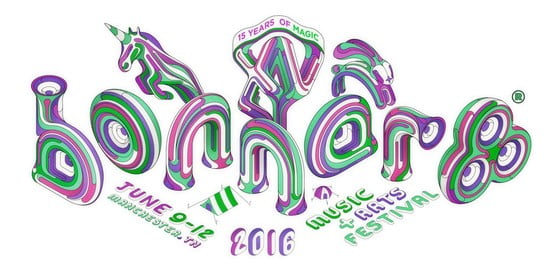Dave Cobb is the man with the Midas touch. Since the Savannah-born guitarist/producer started working his magic in the studio more than 10 years ago, he’s produced some of the very best Americana records of the decade, including Sturgill Simpson’s High Top Mountain and Metamodern Sounds in Country Music, Chris Stapleton’s Traveller, and both of the brilliant solo recordings from America’s best songwriter, Jason Isbell. Cobb took time out from a session at his home studio in Nashville to speak with the BGS for the first in our series of interviews with producers about making records.
Dave Cobb: What’s happening?
Michael Verity: Not much. I have you down on my calendar for a chat.
Yeah, I remember, man. I’m a big fan of the Bluegrass Situation. You guys do some awesome shit.
Aw, thank you, man. We feel the same way about you!
You guys are one of the only real publications out there. It’s awesome, man.
Thank you! That’s always nice to hear. So, ever since I was a pup and I looked at the back of my first record album, which which was Bridge Over Troubled Water …
… oh, wow.
… and saw "Produced by Roy Halee" …
… one of my heroes …
… I’ve been fascinated by record producers. And then I read that Bridge Over Troubled Water was a template of sorts for Jason Isbell’s Southeastern.
Absolutely. I’m a huge fan of Roy. He’s kind of it for me. And yeah, about Southeastern: We met about two weeks before we recorded and it was hilarious because all I did was talk to him for a second then go, "Let me play you a record." And I played “The Only Living Boy in New York.”
That’s one of my favorite songs of all time. I think it’s one of the most brilliant productions ever. I pointed out that when you think of Simon and Garfunkel, you think of acoustic guitar. You never think of a band or of production. But, if you listen to that record, it’s so badass. They’re singing in cathedrals, there are loops going on. The kitchen sink’s on that record — harpsichords and bells — but it still feels like an acoustic record. And that was the template for Southeastern … to make a record that feels acoustic but not be purely acoustic. It’s awesome that you pointed that record out because it was absolutely the template. [Laughs] Even though Southeastern sounds nothing like it.
Sonically, Bridge Over Troubled Water really summarized much of what was created by the Byrds, the Beatles, and the Beach Boys, and then took it to the next logical step. And opened the door for the kind of productions Gus Dudgeon did with Elton John, for example.
Absolutely. I love those records, too. Tumbleweed Connection is one of my favorite records of all time, as well. You’re absolutely right. Man, you know your stuff.
In my opinion, “Cover Me Up” is one of the best Americana songs to have been recorded in the last 20 years.
Oh, wow.
If I were to put it under a microscope, how many of your fingerprints would I find on that song, do you think?
I had read about the recording of “Mrs. Robinson.” They said the guys recorded that song minus the band and then, after they got the track, they added the band — the Wrecking Crew guys — and that’s why the song feels so good … and moves. So I thought, "I don’t want to influence Jason at all. I don’t want anybody influencing his timing. I don’t want anybody influencing his ebbs and flows, his getting loud and getting quiet."
We were recording at this little tiny studio in the back of my house and it’s a little bit small, a little bit confined. We wanted him to be able to stretch out. So we ran lines into the house and put him in the kitchen, where’s he’s looking out over Nashville. There's nobody else around; he’s in the house completely alone and we’re down in the studio, listening.
So we had him record the song — as well as two or three other songs on that record — completely by himself, acoustic. After we got the track, we added the slide and the Mellotron and the bridge, things like that.
It’s very simple and it’s supposed to be simple. I think, normally, when people try to record that kind of thing, they get everybody together, and they have a click track. They’re trying to get a really great take and then comp it to go. “Cover Me Up” is a pure performance, a one-take track with just a little bit of sweetening, which was my contribution.
With a Mellotron. Which was an Elton John instrument, right?
I think a lot of people used it. The Beatles used it. The Bee Gees. Back in the day, if you couldn’t afford strings, you got a Mellotron. I think it’s a wonderful instrument and a great way to create some atmosphere. We keep coming back to the same record, but on Bridge Over Troubled Water, there are strings and all kinds of stuff — like the Mellotron. It's an affordable way to get ahold of a glockenspiel or a marimba or whatever crazy instruments you can think of.
The funny thing about “Mrs. Robinson,” as you tell the story about adding the band afterward, is that Paul Simon supposedly didn’t even know they did that. He had gone off to Europe and, when he landed back in New York, he heard it on the radio and was like, "What the hell?"
He probably smiled all the way to the bank on that one.
Not to overstate the whole Bridge Over Troubled Water thing, but on the new Jason record, you can kind of draw some dotted lines between the two albums … the reverb on the drums on “Children of Children,” for example.
Oh, for sure. It’s old chambers — like the echo chamber at Sound Emporium, the studio that Cowboy Jack Clement built back in the '60s. It’s a really beautiful sound; you really can’t fake that. On “Bridge Over Troubled Water,” they were using an elevator shaft.
I know, right? Isn’t that cool? I was looking at the video about the making of [Isbell’s] “24 Frames.” Was your input as we saw it in that video indicative of how you work with musicians?
Yeah. When I go into the studio, I’m kind of the "fifth member." I like to be in the room with the artist and have an instrument on, whether I play on the record or not. It’s a tool to speak the language, to suggest melodic ideas, and push and influence the tempo and the like.
There’s a guy, Jimmy Miller, one of my favorite producers ever, who produced the best Stones stuff — from Let It Bleed to Exile [On Main Street]. The Stones really found their swagger with him. He’d get out there and play percussion or drums or whatever it took to get the groove. I think I kind of do that, as well, whether I have an acoustic guitar on or play percussion or whatever. I try to guide like that, without using clicks.
And with Jason, he’s really open and always very cool. He always has the songs; the songs are done because he’s an unbelievable writer. But with the little themes, the beginnings and ends and bridges, he’s always welcoming to ideas. We always have fun.
“The Life You Chose” and “Hudson Commodore” are my favorites on that album. The things I love about “The Life You Chose” are the idea of being “lucky” by losing three fingers — what delicious irony. And, right as he sings that line, there’s a cello that sneaks into the mix. It just floored me. I thought, “Dude, that is IT.”
Thanks, man. He always let’s me mess around and I love orchestrating. That’s the Mellotron again. That’s not even a real cello. The Mellotron lets me conduct a symphony in my own little studio.
Lindi Ortega did something cool — she recorded a little in Muscle Shoals, did a few tunes with another one of my favorite producers of all time, Colin Linden, and then tracked three of cuts with you. And it’s easy to tell which ones are yours. Just rock 'n' roll, baby. Did you have fun with that?
I love Lindi. I did her previous record, and I think she is such an amazing talent. Every time we work together, those vocals are live. Her songs are pure performance and we were just trying to capture lightning in a bottle. She’s so exuberant and alive and fun to work with … dancing while she sings, jumping around. I think you feel that on tape.
My other favorite you’ve done is Chris Stapleton’s Traveller which is a whole lot different than Lindi and Jason. To me, it has a much more glossy, rock 'n' roll sound. Should I trust my ears on that one?
Yeah. The guy who who engineered and mixed it was Vance Powell, a tremendous talent who did all the Third Man stuff, like Jack White’s records. We wanted a real simple, pure thing; that was driven by Chris. I love strings and stuff like that, but Chris was like, “Nah, no keyboards.” I think there’s like one hit of piano somewhere on the record.
But the way we did it was a really good idea. That guy's such an insane singer so we didn't want to let anything get in the way of the vocal. And he’s a phenomenal acoustic guitar player so we tracked it with him, a bass guitar, and drums, me on acoustic guitar, and his wife on harmonies. That’s pretty much what you hear, other than a few solo overdubs.
We had the privilege on working in RCA Studio A for much of that record and we had a blast. We’d show up at noon and goof around and talk and maybe order some food, talk over some drinks. We didn’t track until maybe 8 o’clock at night but, when we did, we’d get two or three masters. That’s what you hear on the record. It was such a fun session and a real lesson in recording when you’re inspired — not recording because you have a deadline. The label was great. They really let us stretch out. They were really supportive about it all, about having everybody in a good mood.
We talked a little about Jimmy Miller. Now let’s talk about Glyn Johns.
Glyn is my favorite engineer of all time. One of my favorite producers. His records were so hi-fi and beautiful. I think he made a great record with Ryan Adams with Ashes and Fire. I hear that record it makes me want to give up. I think I’m kind of a fake engineer. I work on the records, but I’m more of a songwriter kind of producer. His albums sound like music to me: guitar amps sound like guitar amps, singers sound like they're singing to you. I’m heavily influenced by him, especially by his rock 'n' roll records.
A good place to ask this question: Do you play with Europe? As in “The Final Countdown” Europe?
No, I don’t play with them. I produced their last album. I don’t play in the band Europe, no. [Laughs]
I was a little confused by that one.
Every once in awhile, I’ll jump on stage and play with them. When I was a kid, I used to play along with that stuff. Everybody did in the '80s.
The way that happened was, I produced this band called Rival Sons — they’re more of a traditional rock band. They do really well overseas, and the guys from Europe heard the record and called me about a year-and-a-half ago, asking me about working together. They called me thinking I’d be too cool to work with them, but I was really excited about it. I went over to Stockholm and we made a record that was awesome. It sounds like Black Sabbath or something. It was a lot of fun. We’re going to make another record again. They’re really good guys.
Has production always been in the back of your mind, even while you were in your own band … well before you did your first record with Shooter Jennings 10 years ago and started making a name for yourself?
I always wanted to be in a band and get a record deal and do it as a career. And my band did get signed and did a lot of heavy touring. But we signed a bad deal and got stuck, and if I recorded anything new with the band, it would go directly to the label that we hated. So that’s when I started taking production seriously. I’d met my wife by this time and I was ready to stop touring. I enjoyed playing shows and enjoyed recording records but I hated the road.
And I think when I was in bands, I used to drive everybody crazy trying to tell them what to play. Maybe I was douchier back then and production was a logical thing to do — start being a producer so people would actually start listening to you.
You've found your natural space.
Being a producer is like getting to be in a different band all the time. It’s a lot of fun. When you first join a band, it’s the most romantic thing. Then, after two or three years, you start hating each other. Being a producer, I get the first date kind of feeling all the time.
